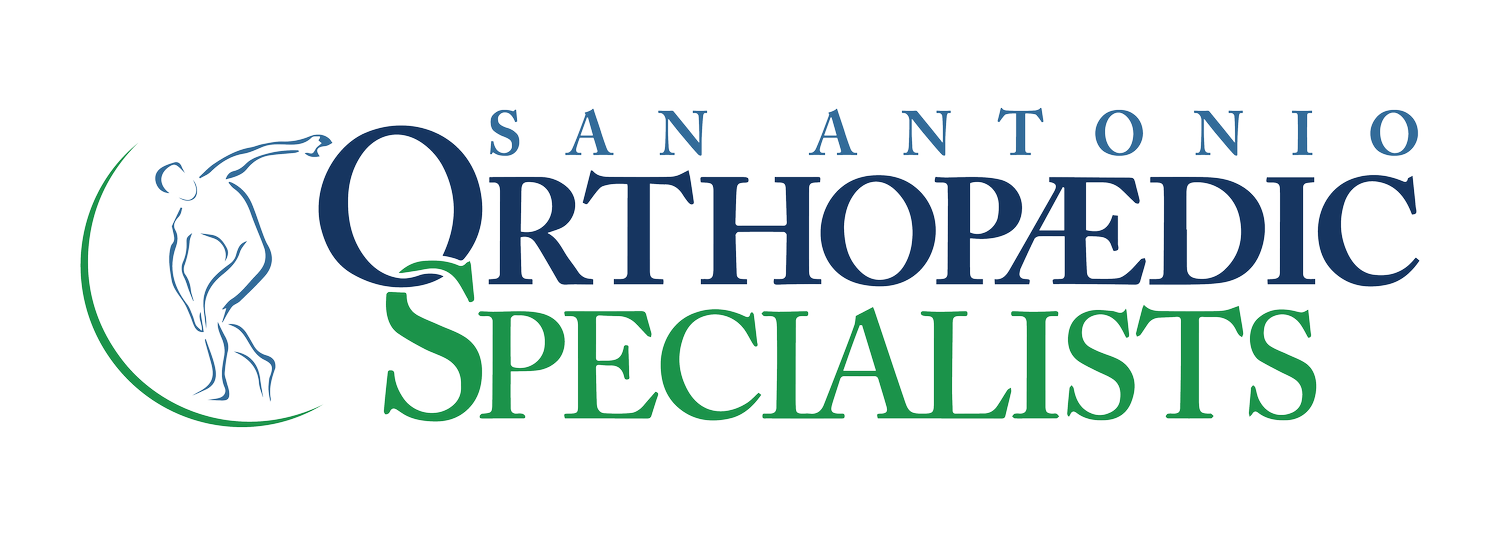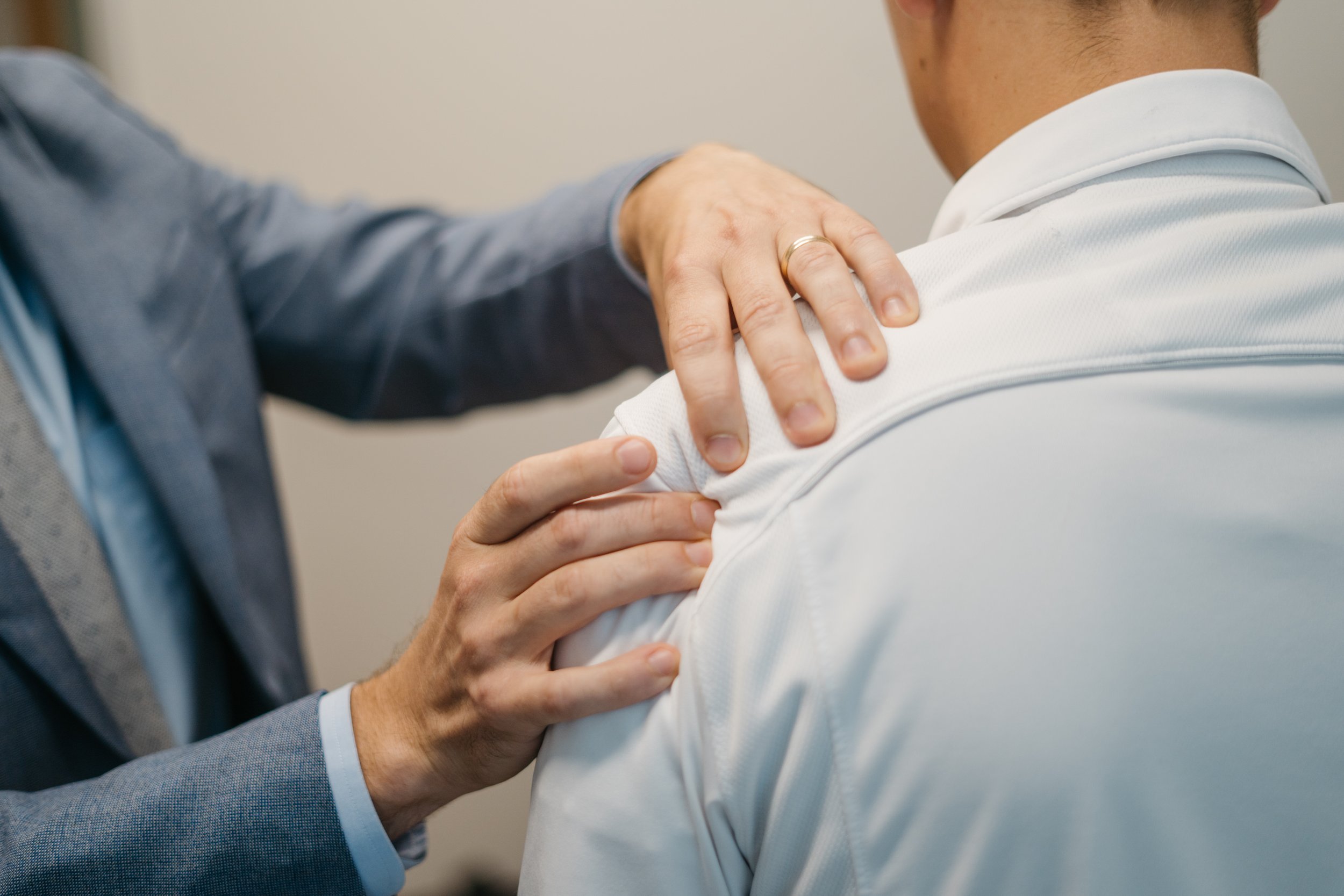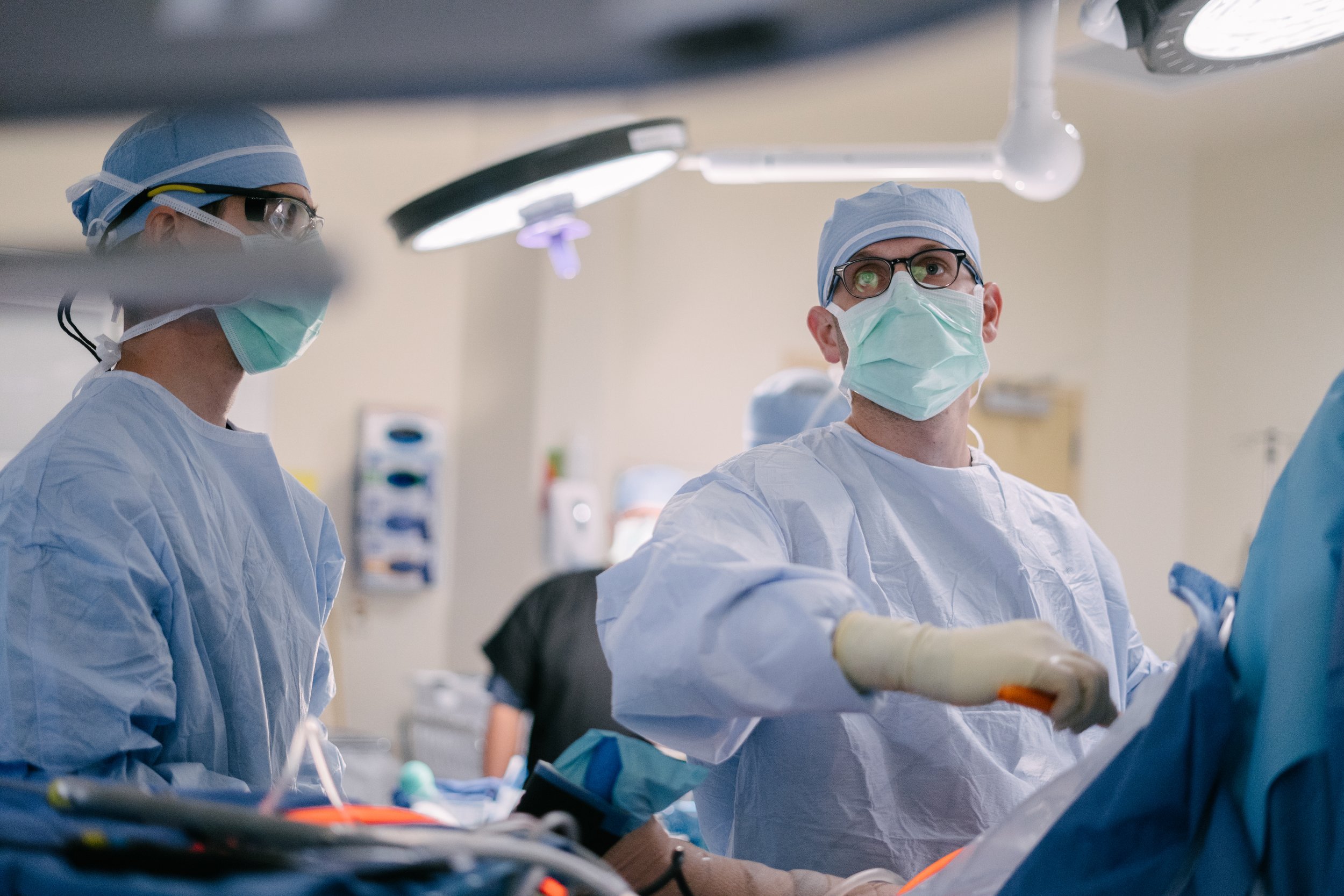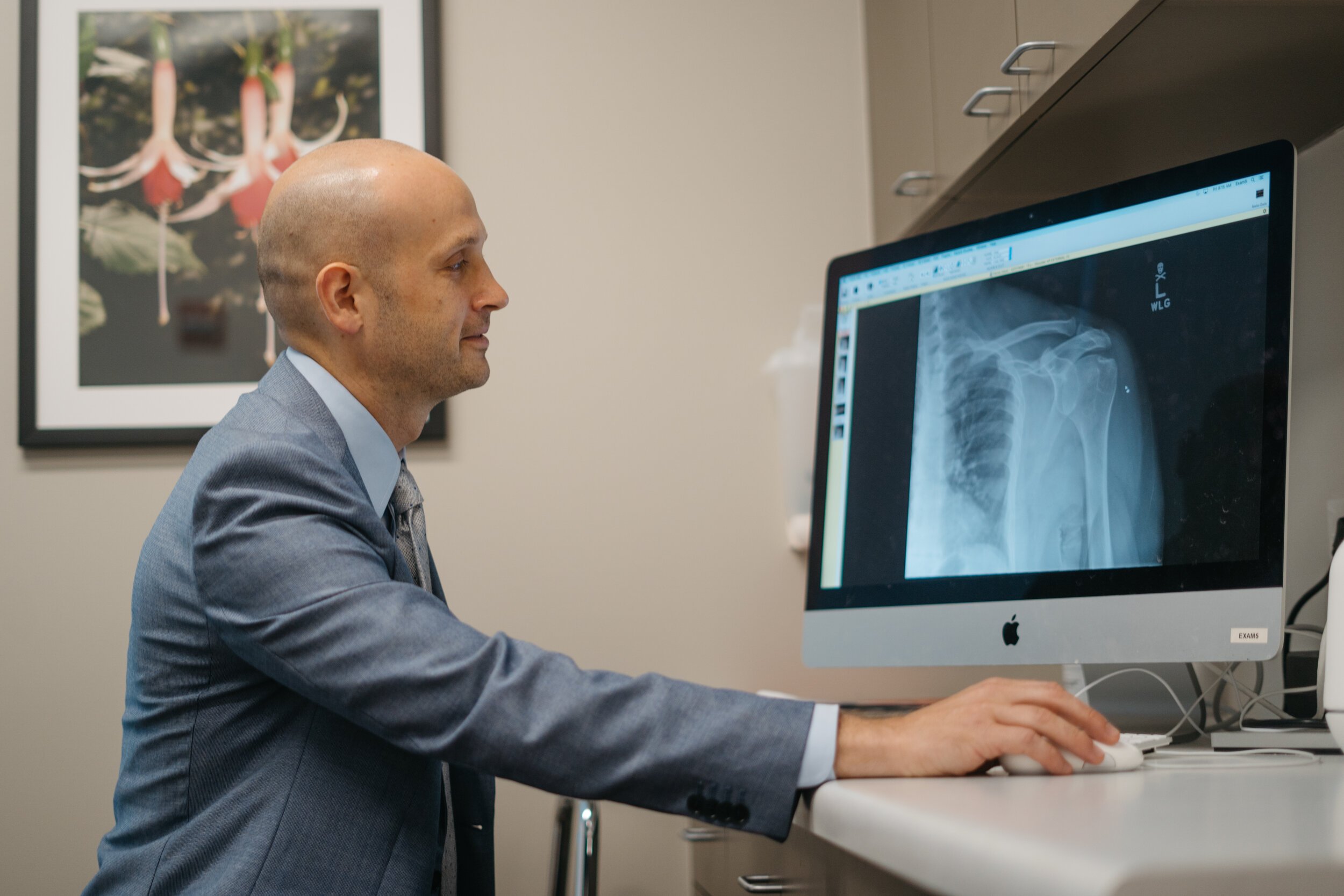Rotator Cuff Surgery Recovery With Dr. Marx
Rotator Cuff Injuries are common among athletes and active people, but they can also be caused by repetitive use or an accident. A Rotator Cuff Injury may require surgery depending on its severity. To reduce your pain and restore full mobility, a Sports Medicine and Shoulder Specialist can perform this common shoulder surgery here at San Antonio Orthopaedic Specialists. Let’s dive into Rotator Cuff Surgery Recovery with our Fellowship-Trained Shoulder Surgeon, Dr. Marx!
understanding rotator cuff surgery
Rotator Cuff Surgery, one of the most common shoulder surgeries, is a medical procedure performed to address injuries or damage to the rotator cuff, a group of muscles and tendons in the shoulder. In this procedure, torn or damaged tissues in the rotator cuff are repaired, restoring functionality and relieving pain. Surgery usually takes a few hours, depending on how much work is needed to repair the torn tendons.
What is the recovery timeline after rotator cuff surgery?
Rotator cuff surgery recovery times can vary widely depending on a variety of factors, such as injury severity, surgical procedure, patient health, and rehabilitation plan.
Postoperative Period (0-6 weeks): Slings are used immediately after surgery to allow the tendon to start healing to the bone.
Early Rehabilitation (6 weeks - 3 months): After that, a physical therapist will gradually introduce active range of motion exercises, such as getting you to reach up overhead back behind your back again.
Mid-to-Late Rehabilitation (3 - 6 months): Around the three month mark, that tendon has healed enough that it can start to stress it a little more. This stage involves doing more strengthening exercises to regain strength you lost while sitting in the sling over the previous few months.
Long-Term Recovery (6 months & beyond): Lastly, it's all about getting you back to your daily activities. Whether that's at work, if you have to lift, push, pull, or things that you enjoy doing around the house.
Tips for Faster Rotator Cuff Surgery Recovery
Follow Postoperative Instructions: Be sure to follow the postoperative instructions provided by your surgeon. To manage pain and inflammation, take prescribed medications as directed.
Protecting the Shoulder: Maintain immobility in your shoulder to support and protect the healing tissues. Use the sling or shoulder immobilizer recommended by your surgeon. Avoid lifting heavy objects or engaging in shoulder-strain-causing activities
Maintain Your Physical Therapy Routine: Perform exercises prescribed by a physical therapist to strengthen the shoulder muscles and restore range of motion. Consistency in physical therapy is key in your recovery.
Eat a Healthy and Balanced Diet: Support the healing process by consuming a balanced diet that is rich in nutrients. To reduce inflammation, consider eating foods that are anti-inflammatory. Hydration is also essential for tissue healing and overall health.
Communicate with Your Healthcare Team: It’s important to maintain an open line of communication with your surgeon and physical therapist. You should report any concerns or changes in your condition as soon as possible.
Although Rotator Cuff Surgery Recovery can be challenging, patients can return to their desired level of activity with the right understanding, timely treatment, and rehabilitation.
If you are experiencing shoulder pain or think you may have an Rotator Cuff Injury, you’ve come to the right place. Dr. Marx has expertise in taking care of patients of all ages and enjoys working to help them get back to their everyday lives!
Schedule an appointment with our Fellowship-Trained Shoulder Surgeon, Dr. Marx, here in San Antonio today!



